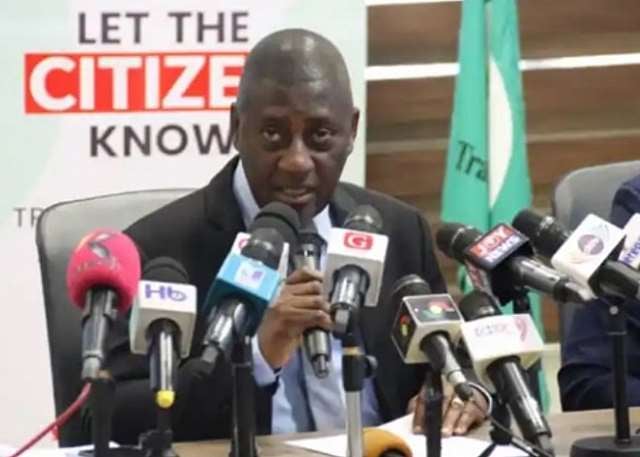The Electoral Commission (EC) has found itself at the center of a dispute with the opposition National Democratic Congress (NDC) regarding the timeline for releasing the revised provisional voter register. On October 8, EC Deputy Chairman Samuel Tettey issued a press statement clarifying that the NDC’s assertions about the promised timeline were incorrect. The NDC had claimed that the EC had committed to providing the updated register within one week following discussions held with the Inter-Party Advisory Committee (IPAC). However, Mr. Tettey pointed out that EC Chairperson Jean Mensa had specifically indicated during the IPAC engagement that the revised register would be available to political parties and uploaded online “within two (2) weeks or earlier.” He emphasized that there was no mention of a one-week timeframe in the Chairperson’s remarks.
The situation escalated following the NDC’s statement in light of a meeting that focused on their call for a forensic audit of the voter register. In their communication, the NDC claimed they were willing to trust the EC’s assurance to release a corrected and updated version of the provisional voters register within one week for political parties to review. The discrepancy between the NDC’s interpretation of the timeline and the EC’s actual commitment has raised questions about communication and transparency between the electoral body and political parties, especially in the context of preparing for upcoming elections.
In defending its position, the EC provided an “unedited video” of the closing remarks made by Chairperson Mensa to counter the NDC’s claims. This move underscores the importance of clear communication and accurate representation of agreements made in political discussions. The availability of the video serves as evidence for the EC’s assertion that a two-week timeline was communicated and not the one-week timeframe as claimed by the NDC.
The call for a forensic audit of the voter register reflects broader concerns about the electoral process in Ghana, highlighting the significance of verifying the accuracy and integrity of voter registration ahead of an election. Both the NDC and the EC have pivotal roles in addressing these concerns, and their dialogues are essential for fostering trust in the electoral system. As political tension often increases during election seasons, the ability of the EC and political parties to engage constructively is crucial.
The disparity in the timelines suggested by the NDC and clarified by the EC could potentially lead to further misunderstandings and conflicts in the electoral process. Such disagreements can undermine the goodwill necessary for a smooth election experience if not resolved amicably. It’s therefore imperative for both the EC and the NDC, as well as any other stakeholders, to ensure that the information they share is clear, accurate, and mutually understood to avoid further escalation of tensions.
Ultimately, this incident serves as a reminder of the crucial need for transparent communication among electoral authorities and political parties. Timely and accurate information is essential in maintaining public confidence in the electoral process. For the EC, reaffirming its commitment to engaging with parties in good faith while ensuring the integrity of the voter register remains an essential responsibility. As preparations for the upcoming elections continue, the relationship between the EC and the NDC will be scrutinized closely, making it all the more critical for both sides to collaborate effectively to achieve a fair and credible electoral outcome.














